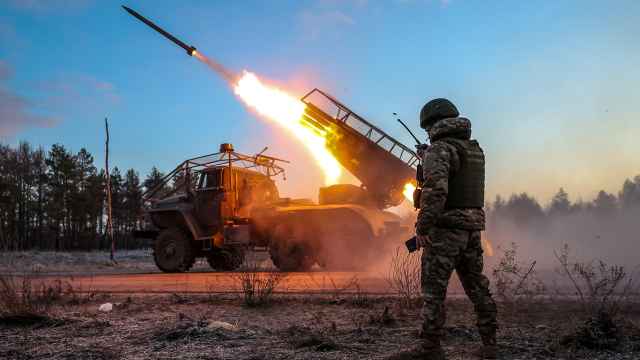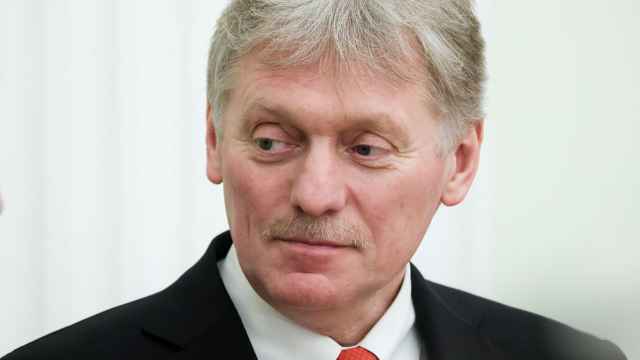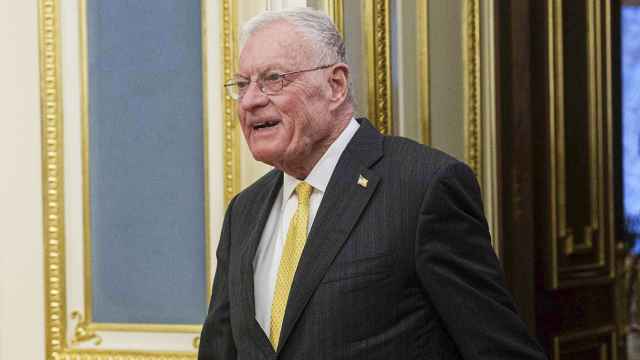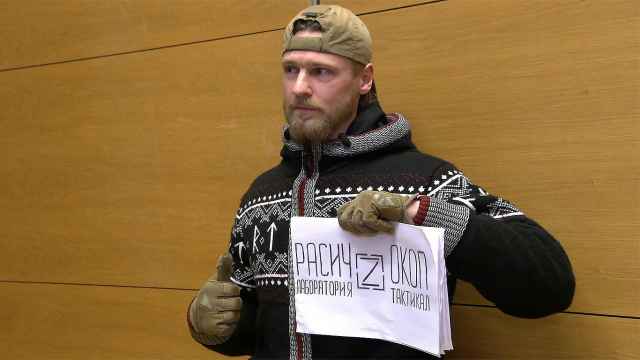The average bribe has nearly doubled from 23,000 rubles ($760) last year to 40,000 rubles ($1,320) in the first six months of 2010, the Interior Ministry said Tuesday.
Bribes have become more expensive because those engaged in the widespread practice are rejecting small bribes as too risky amid a Kremlin-led fight against corruption, the ministry said.
"The authorities are fighting corruption, and bribery has become more dangerous," said Albert Istomin, a spokesman for the Interior Ministry's department for fighting economic crimes, which released the new bribe figures.
"Therefore, people are not ready to take the risk for a small sum," he said by telephone.
In 2008, the average sum of a bribe was more than 9,000 rubles ($300), the Interior Ministry said in March.
But analysts linked the trend to Kremlin-imposed restrictions on the number of checks that officials can conduct on businesses, which they said has increased officials' appetites for bribes, and an overall failure in the Kremlin's anti-corruption efforts.
Kirill Kabanov, head of the National Anti-Corruption Committee, a nongovernmental organization, said the average bribe had to grow because the Interior Ministry only calculated cases that went to court and a growing number of senior officials — who take larger bribes than rank-and-file bureaucrats — are being prosecuted.
A survey by Transparency International Russia, an anti-corruption watchdog, found that the average bribe was growing but remained lower than the Interior Ministry's figures. The average bribe amounted to 7,000 rubles ($230) in 2008 and 18,000 rubles ($600) last year, said the organization's head, Yelena Panfilova.
"There is no evidence that anti-corruption mechanisms are working," she told The Moscow Times. "Officials feel their impunity."
A separate nationwide survey by the independent Levada Center indicated that the average bribe grew from about 5,000 rubles ($165) in March 2006 to almost 9,000 rubles ($300) in April this year.
Businesspeople interviewed by the Noviye Izvestia newspaper last week said the size of bribes extorted by officials has grown as a result of a 2009 law reducing the number of special checks on small and medium-sized businesses without prosecutors' consent.
According to Kabanov, about $300 billion changes hands in bribes every year, with rank-and-file officials accounting for 10 percent of the sum.
Most of the $300 billion are bribes linked to the distribution of state money, natural resources, as well as federal, regional and municipal property, Kabanov said.
Meanwhile, the Economic Development and Trade Ministry recently announced a tender to conduct a survey by December on the scale of corruption among the population and the effectiveness of the anti-corruption measures.
The ministry is ready to pay 8 million rubles ($265,000) to the tender's winner, the web site for state purchases, Zakupki.gov.ru, said July 22.
A Message from The Moscow Times:
Dear readers,
We are facing unprecedented challenges. Russia's Prosecutor General's Office has designated The Moscow Times as an "undesirable" organization, criminalizing our work and putting our staff at risk of prosecution. This follows our earlier unjust labeling as a "foreign agent."
These actions are direct attempts to silence independent journalism in Russia. The authorities claim our work "discredits the decisions of the Russian leadership." We see things differently: we strive to provide accurate, unbiased reporting on Russia.
We, the journalists of The Moscow Times, refuse to be silenced. But to continue our work, we need your help.
Your support, no matter how small, makes a world of difference. If you can, please support us monthly starting from just $2. It's quick to set up, and every contribution makes a significant impact.
By supporting The Moscow Times, you're defending open, independent journalism in the face of repression. Thank you for standing with us.
Remind me later.





